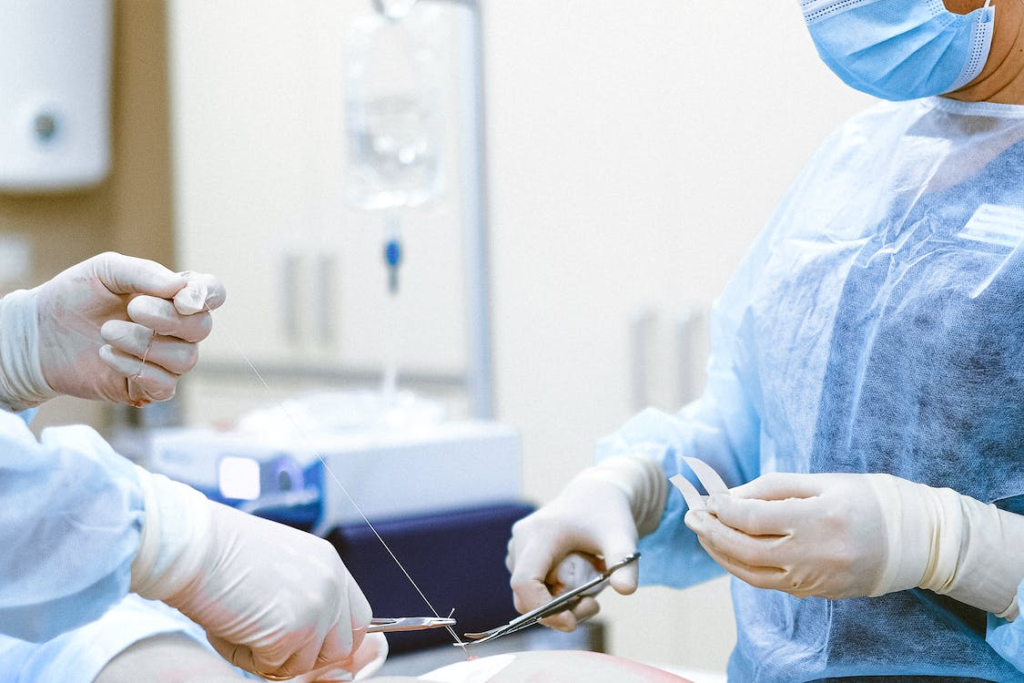Mesh Surgery Unraveled: The Legal Odyssey of Hernia Mesh Complications

Hernia mesh surgery is a common medical procedure used to repair hernias, which occur when an organ or fatty tissue protrudes through a weak spot or tear in the abdominal wall muscles. While this surgical technique has provided relief to countless patients, it has also given rise to a significant number of legal cases known as hernia mesh torts. In this article, we will explore the causes of hernia mesh complications and offer insights into prevention.
Causes of Hernia Mesh Tort
- Mesh Material and Design: One of the primary causes of hernia mesh torts is the type of material used in the mesh and its design. Some meshes have been associated with complications such as infection, migration, adhesion to internal organs, and perforation. These issues can result from the use of subpar materials or poor mesh design.
- Surgical Technique: Inadequate surgical techniques during hernia mesh placement can lead to complications. Surgeons must ensure that the mesh is properly positioned, secured, and that the surrounding tissues are not damaged during the procedure. Errors made during surgery can contribute to post-operative issues, leading to tort claims.
- Manufacturer Defects: Hernia mesh products are manufactured by various companies, and not all meshes are of equal quality. Sometimes, defects in the manufacturing process can result in complications for patients. These defects may include faulty materials, improper sterilization, or packaging issues.
- Lack of Informed Consent: In some cases, patients may claim that they were not adequately informed about the potential risks and benefits of hernia mesh surgery. Failure to obtain informed consent can lead to legal action if patients experience unexpected complications.
Prevention of Hernia Mesh Tort
- Thorough Consultation: Patients considering hernia mesh surgery should engage in open and honest conversations with their healthcare providers. Ask questions, discuss potential risks, and ensure you have a clear understanding of the procedure and its alternatives.
- Choose an Experienced Surgeon: Selecting a skilled and experienced surgeon is crucial. Research their track record, ask for referrals, and make sure they are well-versed in hernia mesh procedures. A skilled surgeon is less likely to make errors during surgery.
- Informed Consent: It’s vital for both patients and surgeons to ensure that informed consent is obtained before surgery. This involves discussing the potential complications, alternative treatments, and expected outcomes.
- Mesh Selection: Surgeons should carefully choose the type of mesh that best suits the patient’s needs. They should consider the patient’s medical history, the hernia’s size and location, and any potential risk factors.
- Postoperative Monitoring: After surgery, patients should follow their surgeon’s postoperative instructions closely. Any signs of infection, inflammation, or unusual discomfort should be reported promptly to the healthcare provider for evaluation and treatment.
Conclusion
Hernia mesh tort cases underscore the importance of diligence and communication in the field of medical care. While hernia mesh surgery can provide significant benefits, it is not without its risks. Patients and healthcare providers must work together to minimize these risks through careful selection, informed consent, and proper surgical technique. By taking these steps, we can help reduce the occurrence of hernia mesh complications and the associated legal claims.





